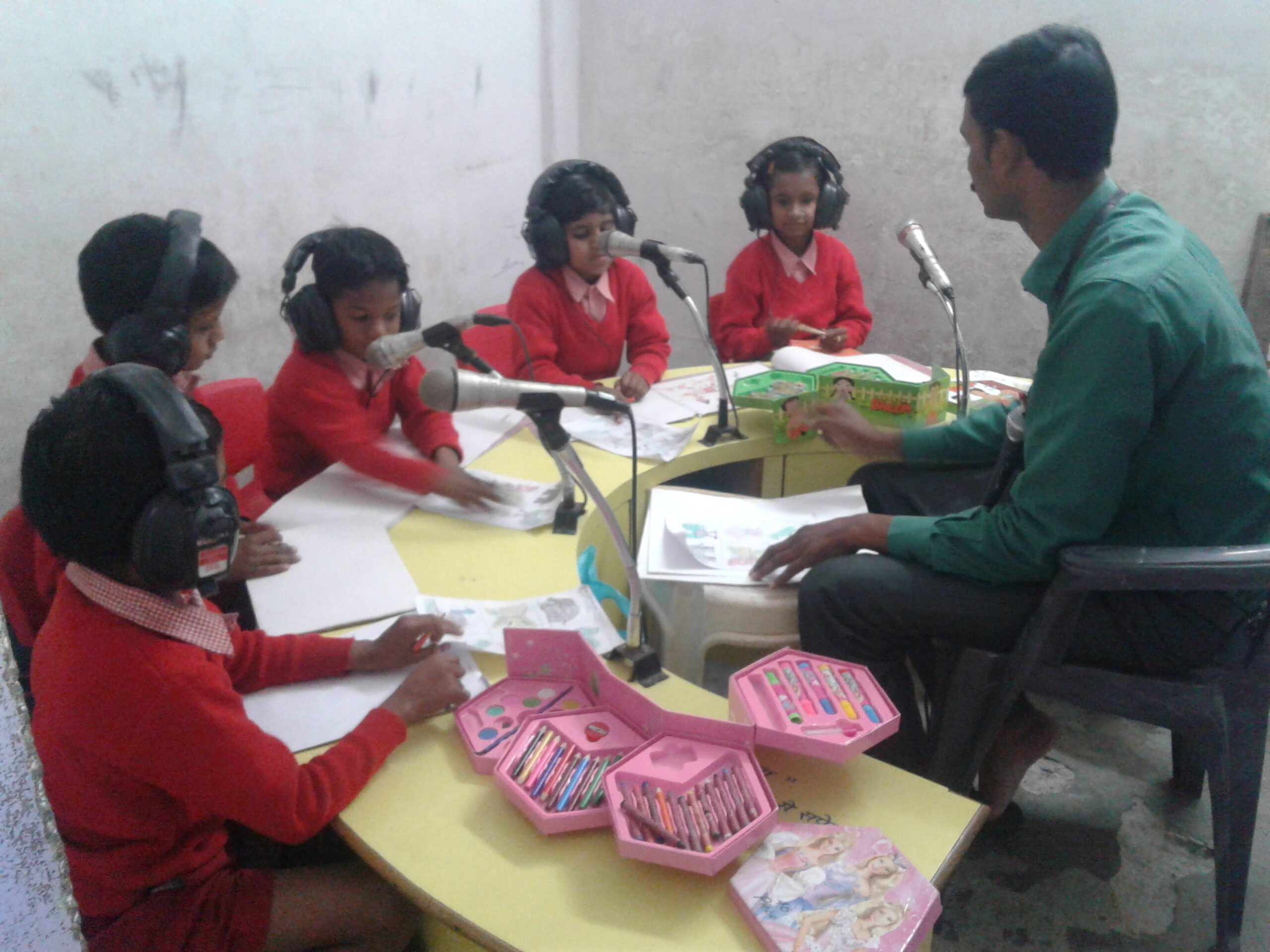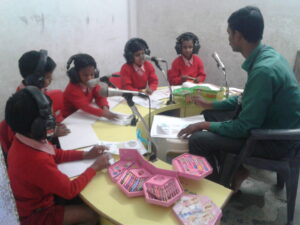
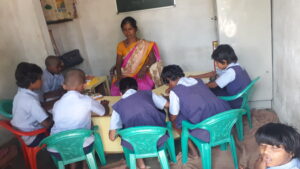
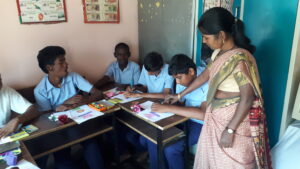

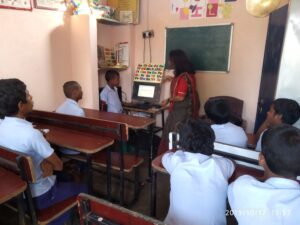
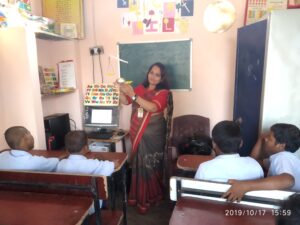
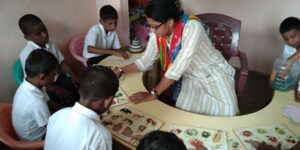
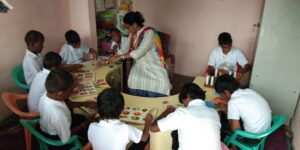
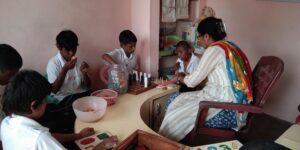
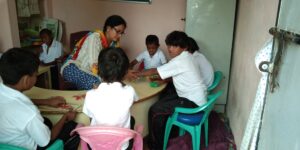
Child education refers to the process of providing formal or informal learning opportunities to children to promote their physical, cognitive, emotional, and social development. It involves the acquisition of knowledge, skills, values, and attitudes that enable children to become informed, responsible, and productive members of society.
Child education starts from the early years of a child’s life, including preschool and kindergarten, and continues through primary, secondary, and tertiary education. Early childhood education focuses on developing foundational skills, such as language, socialization, and emotional regulation, while primary and secondary education builds upon these skills and provides a more structured and comprehensive learning experience. Tertiary education, such as college or vocational training, prepares students for specialized careers and higher-level academic pursuits.
Child education can take place in various settings, including formal school systems, home-based learning, and community-based programs. It can also be delivered through various approaches, such as traditional classroom-based learning, online learning, or experiential learning opportunities, such as field trips and community service.
Child education is critical to the well-being and success of children, both in the short and long term. It has been shown to improve academic achievement, increase earning potential, reduce poverty and inequality, and promote positive health and social outcomes. Moreover, child education plays an essential role in building social and cultural capital, enhancing civic engagement and participation, and fostering innovation and economic growth.

